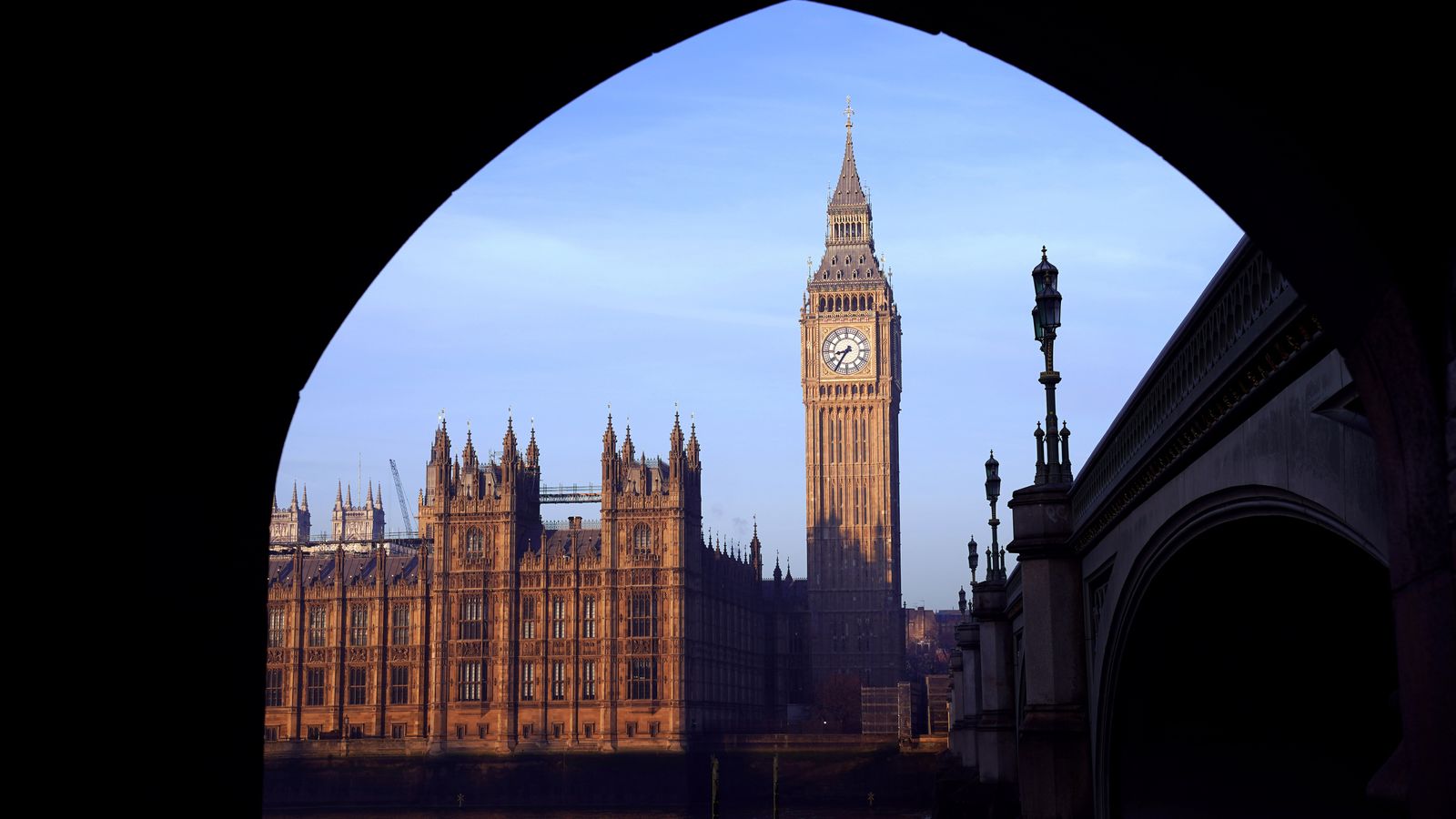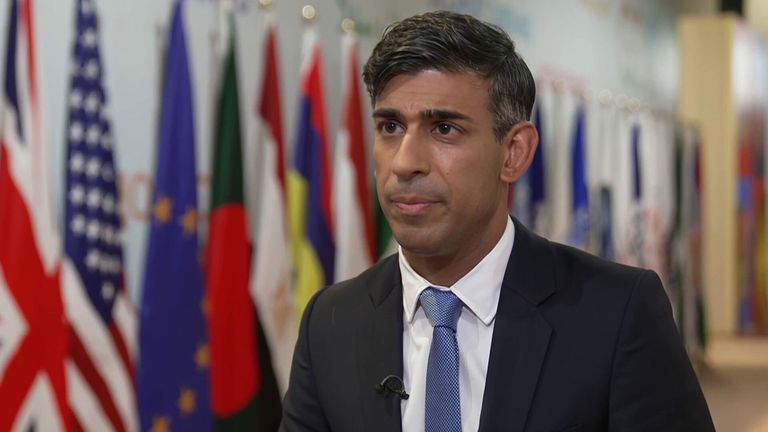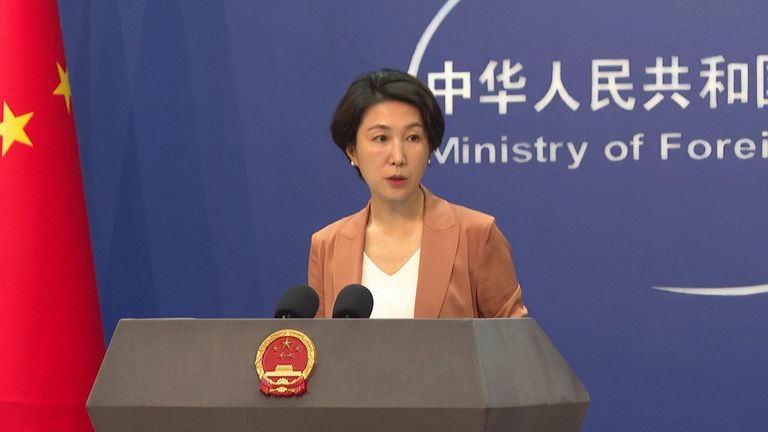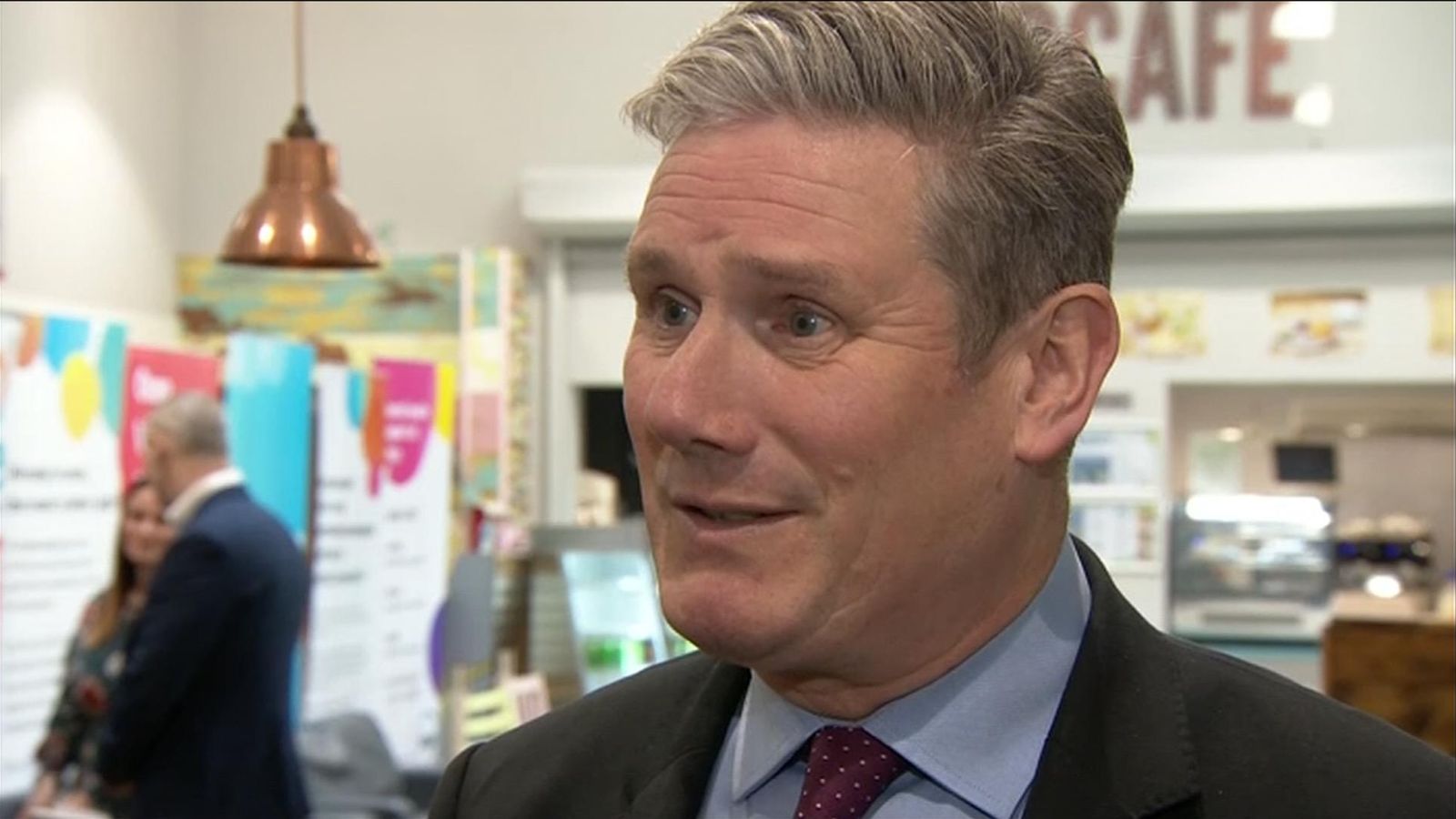Parliamentary researcher accused of spying for China says he is ‘completely innocent’


A parliamentary researcher who has been arrested on suspicion of spying for China has said he is “completely innocent”.
In a statement released by his lawyers, the man – who they did not name – said: “I feel forced to respond to the media accusations that I am a ‘Chinese spy’. It is wrong that I should be obliged to make any form of public comment on the misreporting that has taken place.
“However, given what has been reported, it is vital that it is known that I am completely innocent. I have spent my career to date trying to educate others about the challenge and threats presented by the Chinese Communist Party.
“To do what has been claimed against me in extravagant news reporting would be against everything I stand for.”
It comes as the Commons Speaker Sir Lindsay Hoyle said he will make a statement on Monday in relation to the case this afternoon.
The researcher, who is in his 20s, is understood to have had links to security minister Tom Tugendhat, foreign affairs committee chairwoman Alicia Kearns and other senior Tory MPs.
The arrest under the Official Secrets Act led to Rishi Sunak confronting Chinese premier Li Qiang at the G20 summit in India on Sunday over “unacceptable” interference in democracy.
Labour calls for stronger action on ‘dangerous’ XL Bully dogs – politics latest
The incident has also thrown a spotlight on the government’s stance towards China and raised questions about whether it should adopt a tougher approach.
Advertisement
The prime minister has sought to adopt a more diplomatic stance towards Beijing than some of the more hawkish members of his cabinet and party, who want China to be officially classified as a threat.
Please use Chrome browser for a more accessible video player
3:04
PM raised ‘concerns’ with China
This morning Business Secretary Kemi Badenoch echoed Mr Sunak’s approach, saying that China should not be considered a “foe” but a “challenge”.
Ms Badenoch said the claims of spying were an “extremely serious concern” but we “shouldn’t be using language that makes people scared”.
Asked whether China should be described as a threat, Ms Badenoch told Sky News: “I would define it as a challenge.”
Pressed on whether China should be described as a “friend or a foe”, she replied: “We certainly should not be describing China as a foe – but we can describe it as a challenge.
“I don’t think we should be careless in terms of how we speak about other countries when these sorts of things happen.”
China’s response to the news that two people in the UK have been arrested on suspicion of spying for Beijing is straight out of its normal playbook: straight, hard denial, with a dose of accusation thrown in.
In the words of Mao Ning, spokesperson for the Ministry of Foreign Affairs, “the so-called espionage in the UK is non-existent” and all part of a campaign of “false information” and “malicious framing of China.”
This is exactly the sort of denials we have come to expect when China finds itself accused.
Remember, for instance, the spy balloon incident? Even when the Americans had collected the balloon debris and had in their hands pretty hard evidence it was fitted with surveillance equipment, China stuck to its denials.
Admitting otherwise would contradict its claims to be a responsible global player.
The bigger question is how this affects the UK-China relationship going forward.
China really does not like these sort of public accusations that cause it to “lose-face’” a hugely important cultural thing here.
If the UK dwells on this too much, makes too many loud protestations or upgrades China’s status to “threat” as some British MPs would like, it would be entirely feasible, even likely, for China to further cool an already pretty chilly relationship.
The UK government, already facing pressure on the consistency of its China policy, would have to think seriously about how it would handle this sort of situation given China’s power, wealth and influence.
The arrests were made in March and first revealed by The Sunday Times. Officers from the Metropolitan Police’s Counter Terrorism Command, which oversees espionage-related offences, are investigating.
Former Lord Chancellor and Foreign Secretary Philip Hammond told Sky News that in his view, the UK should approach China “with our eyes wide open”.
“It’s not a surprise to me this morning and I hope it’s not a surprise to many people that China is spying on us,” he said.
Please use Chrome browser for a more accessible video player

0:21
China denies spying against the UK
He said “many people” were spying on the UK and that the government needed to be “robust in our response”.
But he added: “That doesn’t mean we should cut trade and investment ties, that we should simply go into a defensive crouch.”
The Chinese embassy in London issued a statement yesterday in which it described the incident as “completely fabricated” and “nothing but a malicious slander”.
It also urged Britain’s lawmakers to “stop anti-China political manipulation”.
Read more:
How worried should we be about Chinese ‘spying’ in parliament?
Has China’s economy run out of steam?
Labour’s shadow home secretary, Yvette Cooper, claimed security services warned about the dangers of spying “some time ago”.
She pointed to the “damning” report from the security and intelligence committee in July which said the government had “no strategy” to deal with China.
“We think there has to be a comprehensive strategy towards the risks, the challenges, and the threats from other states to our national security,” she said.
Asked if she believed China was a friend or foe, she said: “Well, the relationship is clearly complex.
“There are serious issues around the human rights abuses in China. There are serious issues around their approach and their role across the world. And we also have this trading relationship, as we’ve seen the rise of China. We have to deal with that. But in particular, we have to make sure we protect our own national security. That has to come first.”

